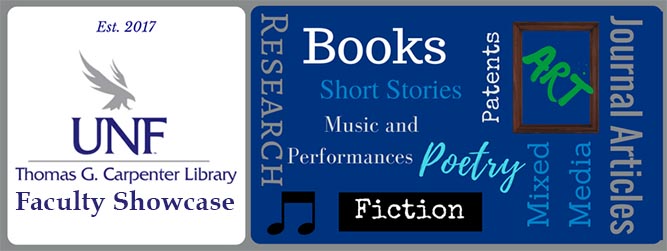
College
College of Education and Human Services
Department
Exceptional, Deaf, and Interpreter Education
Rank
Assistant Professor
Type of Work
Journal Article
Publication Information
https://www.iatis.org/index.php/new-voices-in-translation-studies
Description of Work
In this paper, I explore the work of the American Sign Language-English interpreters who volunteered in the 1988 Deaf President Now protest (DPN). Drawing from the construct of ideologically-structured action (Dalton 1994; Zald 2000), I frame the interpreters’ decisionmaking throughout the protest, showing how their beliefs about and relationships with deaf people shaped their actions. Further, I argue that the activist interpreters exhibited a collective identity (Polletta and Jasper 2001) with the deaf protesters, despite not being deaf themselves. I also discuss the integral role of interpreters to the protesters’ mission of challenging the existing power structure. To develop my argument, I analyze interview data collected from 27 DPN stakeholders to explore how and why the interpreters volunteered their time to push the protest forward. The data reveal strong personal and community relationships that motivated interpreters to volunteer their services. Through my analysis of interview data, I offer an exploration of the work of signed language interpreters in a specific localised setting, providing new insight into how ideology and community ties may guide the actions of interpreters in times of conflict and activism in deaf community settings.
Rights and Access Note
NVITS is an open access journal.
Included in
Language Interpretation and Translation Commons, Other Political Science Commons, Politics and Social Change Commons, Social Psychology and Interaction Commons, Translation Studies Commons
Interpreting as Ideologically-Structured Action: Collective Identity between Activist Interpreters and Protesters
In this paper, I explore the work of the American Sign Language-English interpreters who volunteered in the 1988 Deaf President Now protest (DPN). Drawing from the construct of ideologically-structured action (Dalton 1994; Zald 2000), I frame the interpreters’ decisionmaking throughout the protest, showing how their beliefs about and relationships with deaf people shaped their actions. Further, I argue that the activist interpreters exhibited a collective identity (Polletta and Jasper 2001) with the deaf protesters, despite not being deaf themselves. I also discuss the integral role of interpreters to the protesters’ mission of challenging the existing power structure. To develop my argument, I analyze interview data collected from 27 DPN stakeholders to explore how and why the interpreters volunteered their time to push the protest forward. The data reveal strong personal and community relationships that motivated interpreters to volunteer their services. Through my analysis of interview data, I offer an exploration of the work of signed language interpreters in a specific localised setting, providing new insight into how ideology and community ties may guide the actions of interpreters in times of conflict and activism in deaf community settings.


Biographical Statement
Mark Halley, PhD, NIC is Assistant Professor of American Sign Language/English Interpreting at the University of North Florida. He conducted his doctoral research in the Department of Interpretation and Translation at Gallaudet University in Washington, DC, where he studied the role of interpreters in the 1988 Deaf President Now protest. He has also been an interpreter in private practice since 2011.